Now it’s higher education’s turn for a digital upgrade
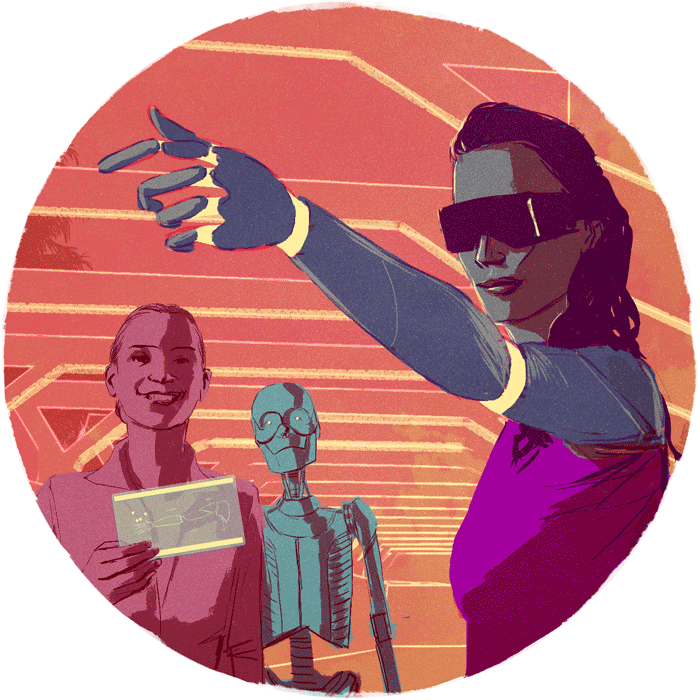
The Danish government has set aside DKK 81 million to digitally and technologically upgrade higher education. Vice Dean of CBS, Annemette Kjærgaard welcomes the national plan of action that encourages collaboration beyond individual institutions.
The teachers and lecturers of higher education are in the spotlight of the Danish government’s new national plan of action for digital competences and learning.
The government has set aside DKK 81 million to improve the teachers’ and lecturers’ understanding of digital transformation and how different technologies affect specific disciplines. The aim is to equip students with the required competences to understand and take a critical stance on the digital technologies within their field. All the knowledge that sits with teachers and within institutions is to be collected and shared through a national knowledge center.
Vice Dean at CBS, Annemette Kjærgaard has read the new plan of action and thinks it fits in well with what’s going on at the universities already, including CBS.
“It’s good that they’re focusing on the teachers’ competence development, as many of them are in doubt about how to integrate technologies into their teaching. And it’s really good that the plan encourages us to think and work across disciplines. Although we work within different areas, whether it’s humanities, social sciences or natural sciences, we have shared challenges that we can solve together. With this plan, we go beyond the individual institution,” she says.
The national plan of action is the outcome of the Minister of Higher Education and Science, Tommy Ahlers’ Call for Action he launched in August 2018. Here, he asked for input about digital learning, digital competence and what’s standing in the way of digital transformation within the educational sector.
According to the press release, he got 80 answers from teachers, educational institutions and experts. Including some from CBS.
“We proposed to the ministry that they allocated seed money for making projects across disciplines, institutions and the business sector. Projects that benefit the many. And this has been taken into account,” Annemette Kjærgaard says.
A digital evolution
Tommy Ahlers argues that digital transformation, which continues to shape our society, must be incorporated into educational programs. And the best place to start is with the teachers.
“Digital evolution has moved from being just a small corner of society to being a crucial part of everything we do. Our education must mirror that transition. We need to educate young adults in using new technologies as well as generating change,” says the Minister of Higher Education and Science, Tommy Ahlers in a press release from the ministry and continues:
“At the same time, we’ll establish a technological center where we’ll collect and spread tried-and-tested knowledge and experience. The ambition is that the understanding of technology will be integrated throughout all education.”
The minister not only wants to improve the skills of teachers, he also wants to know if there are barriers hindering the use of technologies in teaching. Annemette Kjærgaard sees some obvious areas that need to be addressed if the ministry wants to succeed in transforming education.
“The ministry mentions that some rules and regulations need reconsideration as they create barriers for new technology-supported exam formats. On top of that we need to look into how we count contact hours with students. If the only thing that counts is the number of hours they are physically present in a classroom, it’s a barrier to creating online activities,” she says.
Which technologies work for whom?
As Annemette Kjærgaard sees it, the plan of action has two agendas. One is about the digital teaching formats, while the other is about the content and the skills students need to have in order to understand and work with digitalization in their field. The latter alone can be a tough nut to crack.
“You have many types of technologies out there and they are used in different ways depending on industry, type of business etc. So how do we make sure that the technologies we present to students are actually relevant to them and their field? This is something we have to consider seriously. We could probably benefit from engaging e.g. the financial sector and relevant organizations in these discussions,” she says.
When it comes to transforming traditional teaching formats to being digitally anchored, CBS is, according to Annemette Kjærgaard, on point in its progress.
With a national plan of action, we get the necessary attention and access to many more players
Annemette Kjærgaard
“We have worked with blended learning for a longer period of time and made competence development and workshops for teachers from specific subjects or entire study programs. Here, we talk about what the students need to learn and share knowledge and inspiration on how you can design teaching and learning activities that are based on educational technologies,” she says.
However, the workshops and courses at CBS are very local, and Annemette Kjærgaard hopes that the new plan of action will spark a wider discussion and encourage collaboration between teachers, institutions and the business sector.
“With a national plan of action, we get the necessary attention and access to many more players. Personally, I think that industrial organizations would be especially interested in sharing their input on how to educate students for a digitalized workplace,” she says.



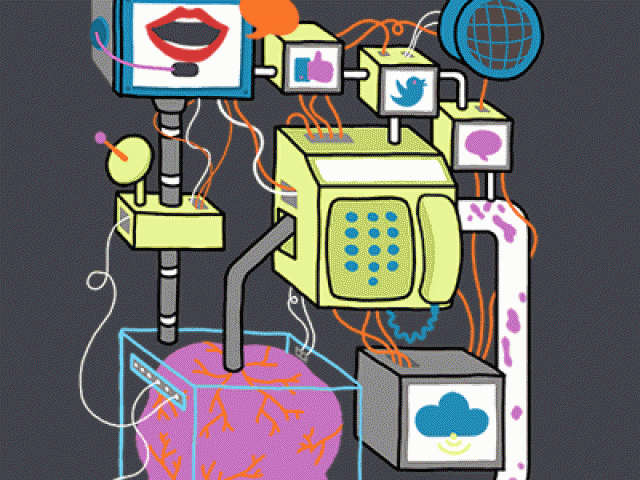
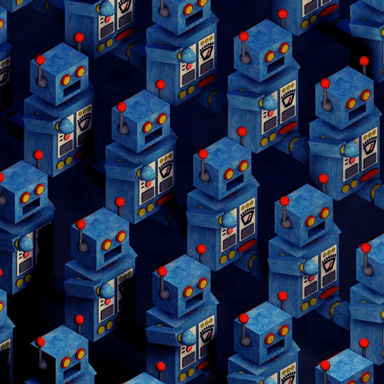
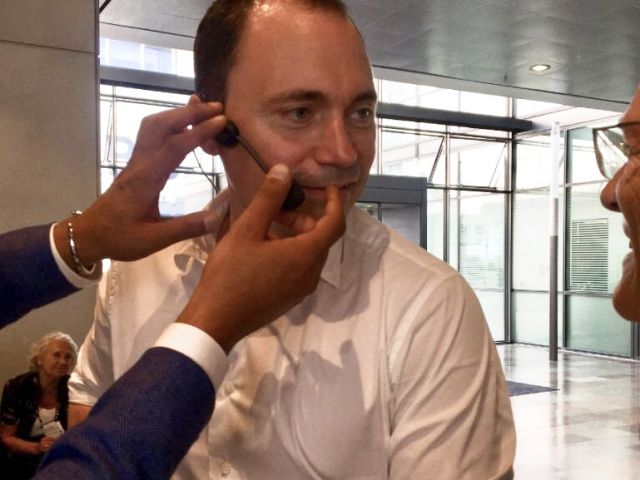

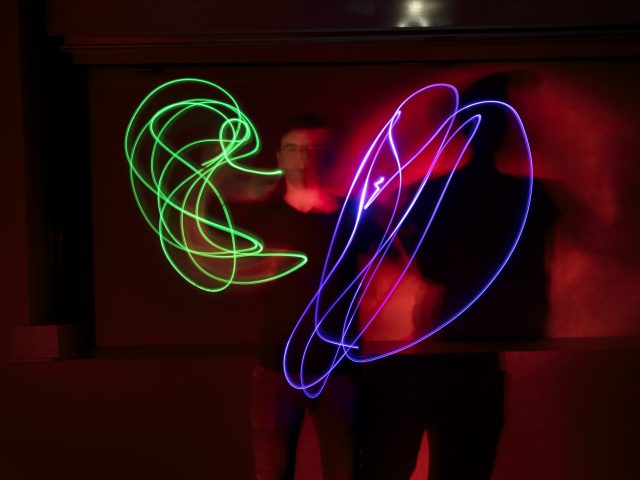































































































































Comments